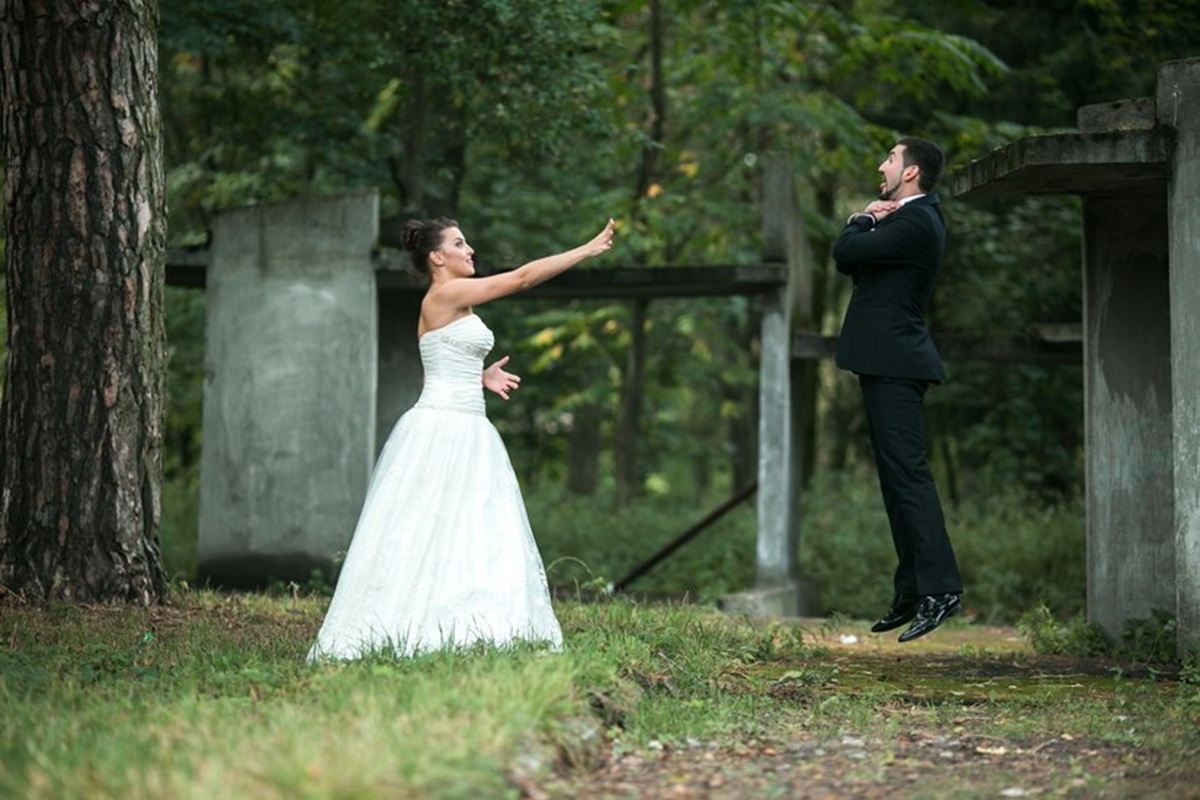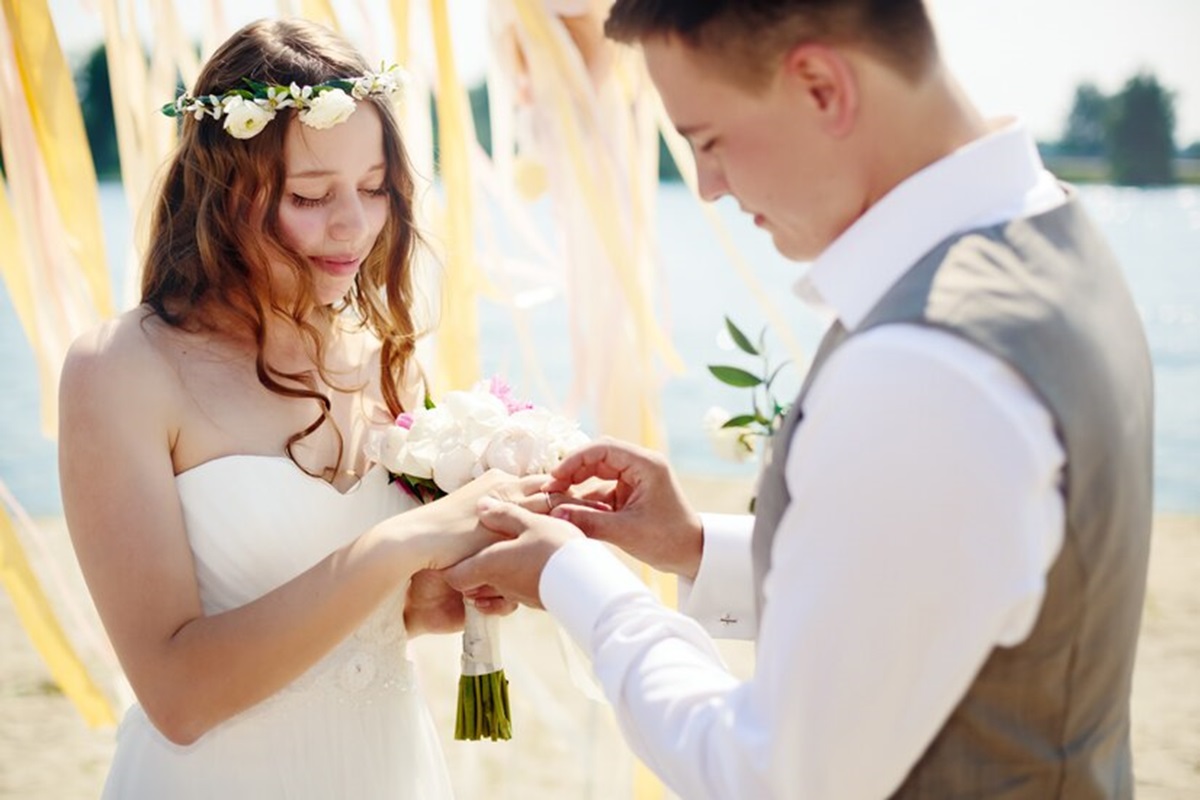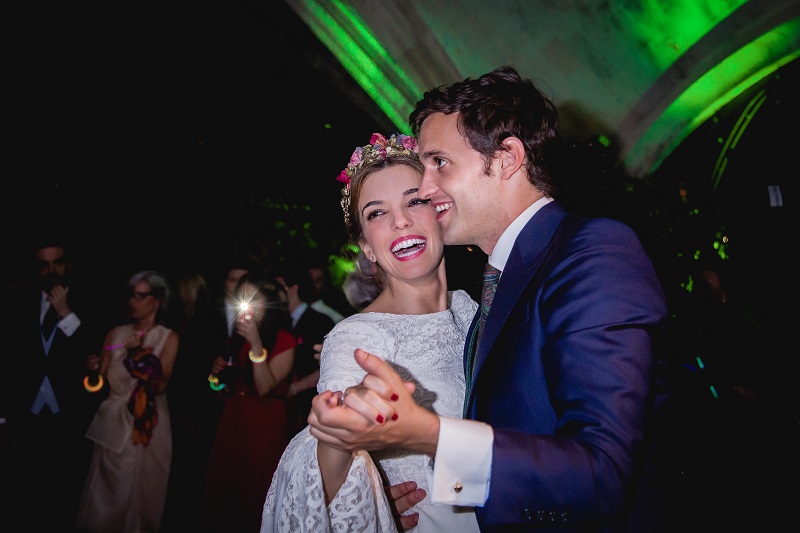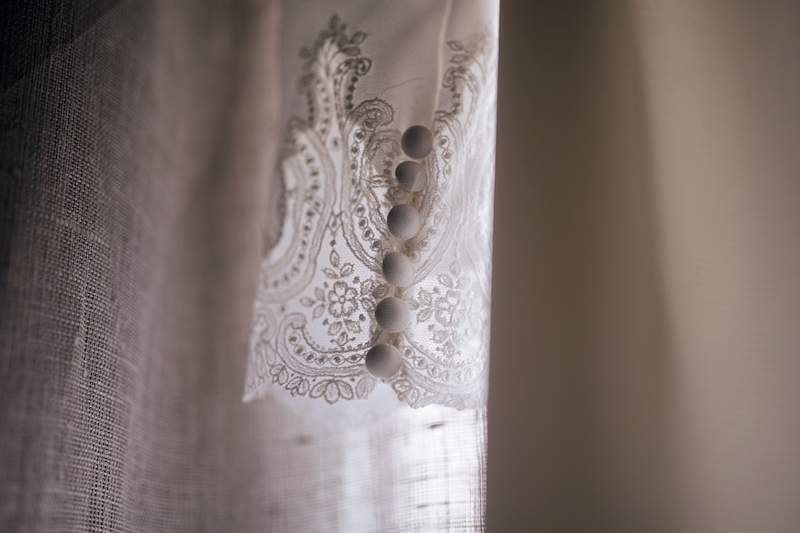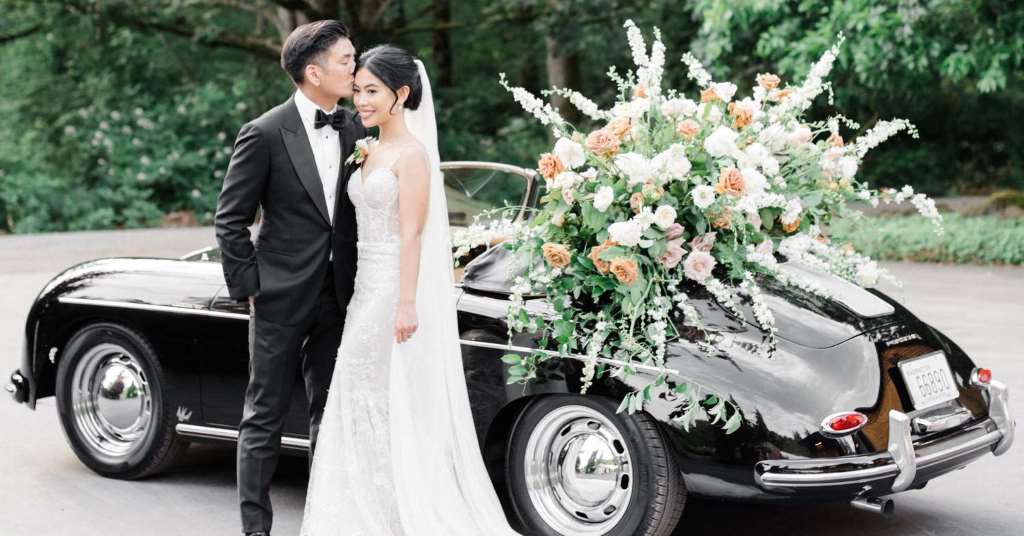Your wedding day is a celebration of love, commitment, and the unique bond you share with your partner. To delve into wedding traditions, various studies shed light on the significance of rituals and behaviors associated with weddings. Research has explored the impact of wedding types, gender roles, and cultural influences on ceremonies. For instance, studies have delved into the preferences for traditional, modern, and non-traditional weddings, highlighting differences in artifact choices and societal perceptions.
However, many traditional wedding customs and rules have become obsolete, failing to resonate with modern couples seeking authenticity and individuality. In this article, we’ll explore a fresh perspective on wedding traditions, encouraging you to toss aside those that no longer serve your vision and embrace creative alternatives that reflect your personalities and values.
The Evolution of Wedding Traditions
Traditions are often rooted in cultural or historical contexts that may no longer be relevant or meaningful to contemporary couples. Moreover, many wedding traditions were born from outdated beliefs and societal norms that perpetuated gender stereotypes, patriarchal structures, or even superstitions. Consequently, blindly following these traditions can undermine the essence of your wedding, detracting from the personal and intimate experience you envision.
However, it’s essential to acknowledge that while some traditions may seem archaic, others hold deep personal or cultural significance for you and your partner. The key is to approach your wedding planning with an open mind, carefully evaluating each tradition and making conscious choices that resonate with your shared values and aspirations.
Rethinking the White Dress
Perhaps one of the most iconic wedding traditions is the white dress. Historically, the white gown symbolized purity and virginity, reinforcing outdated societal expectations and double standards. Today, this tradition can feel restrictive and disconnected from modern values of gender equality and personal expression.
Instead of adhering to this narrow definition of bridal fashion, consider embracing your unique style and personality through your choice of attire. From vibrant colors and bold patterns to non-traditional silhouettes and fabrics, the possibilities are endless. Alternatively, you could opt for a modern twist on the white dress, incorporating elements that reflect your individuality, such as intricate embroidery, unconventional cuts, or personalized accessories.
Read More: Alternative wedding gift ideas
Redefining Gender Roles
Traditional wedding customs often reinforced rigid gender roles, with the bride being “given away” by her father and the couple exchanging vows centered on outdated promises of obedience and servitude. These practices perpetuate patriarchal structures and fail to acknowledge the equality and partnership that modern marriages strive for.
To counter this, consider walking down the aisle together as equal partners, symbolizing your shared commitment to the journey ahead. Alternatively, you could have both sets of parents or loved ones accompany you, celebrating the union of not just two individuals but also their families and communities.
Furthermore, craft your vows to reflect your unique love story, values, and aspirations. Celebrate your individuality while emphasizing your partnership, mutual respect, and shared dreams for the future.
Embracing Cultural Diversity
Many traditional wedding customs are rooted in specific cultural or religious backgrounds, which may not resonate with couples from diverse backgrounds or those who identify as non-religious or spiritual. Adhering to these traditions can feel inauthentic and disconnected from your personal beliefs and values.
Embrace the richness of your cultural heritage by thoughtfully incorporating elements that hold deep meaning for you and your partner. This could involve blending traditions from multiple cultures, creating new rituals that reflect your shared beliefs, or even crafting a completely unique ceremony that celebrates your love in a truly authentic and meaningful way.
Sustainable and Eco-Friendly Weddings
Traditional weddings often generate significant waste and leave a substantial environmental footprint, which may conflict with your values and commitment to sustainability. From excessive decorations and single-use items to energy-intensive venues and transportation, there are numerous opportunities to make your wedding more eco-friendly.
Consider adopting sustainable practices such as using locally sourced, seasonal flowers and food, opting for reusable or recycled materials for decorations and favors, and prioritizing venues that prioritize energy efficiency and waste reduction. Additionally, you could incorporate eco-friendly elements into your attire, such as renting or purchasing second-hand dresses and suits or choosing fabrics and materials with a lower environmental impact.
Inclusive and Diverse Celebrations
Many traditional wedding customs and practices can inadvertently exclude or marginalize certain individuals or groups, perpetuating societal biases and prejudices. As you plan your wedding, actively seek ways to create an inclusive and welcoming environment that celebrates diversity and promotes acceptance.
This could involve incorporating gender-neutral language in your ceremony, offering accommodations for guests with disabilities, or incorporating elements that honor and celebrate various cultural and religious backgrounds. Additionally, consider partnering with vendors and service providers who share your commitment to inclusivity and representation.
Storytelling and Personal Touches
While breaking away from traditional customs can be liberating, it’s essential to fill that void with meaningful and personal elements that truly reflect your love story and shared values. Incorporate storytelling techniques, personalized vows, and unique rituals that celebrate your journey as a couple.
For example, you could create a “love story” installation featuring photos, mementos, and anecdotes from your relationship, or incorporate a symbolic ritual that holds deep meaning for you and your partner, such as a unity ceremony or a special reading or performance.
Additionally, consider incorporating elements that honor your shared interests, passions, or hobbies, whether it’s a themed reception, interactive entertainment, or personalized favors or decorations.
The Guest Experience
While it’s essential to prioritize your personal vision and values, it’s also crucial to create a memorable and enjoyable experience for your guests. Thoughtfully consider their comfort, accessibility needs, and overall enjoyment throughout the planning process.
For instance, instead of adhering to strict seating arrangements or formal reception structures, consider creating an open and interactive environment that encourages mingling and organic connections. Provide ample seating options, thoughtful dietary accommodations, and engaging activities or entertainment that cater to diverse interests and preferences.
Conclusion
As you embark on your wedding planning journey, remember that your celebration should be a reflection of your love, your values, and your unique story as a couple. Embrace the freedom to toss aside outdated traditions that no longer resonate with you, and explore creative alternatives that truly capture the essence of your relationship.
Ultimately, a truly memorable and meaningful wedding is one that celebrates the authentic connection between you and your partner, while creating a warm and inclusive environment for your loved ones to share in your joy. By prioritizing personal expression, inclusivity, and sustainability, you can craft a celebration that not only defies outdated rules but also sets a inspiring example for generations to come.

